1. Frampton Comes Alive! – Peter Frampton (1976)

When Peter Frampton released Frampton Comes Alive! in 1976, it wasn’t just an album, it was a phenomenon. For a while, it felt like every dorm room, car stereo, and basement party had this double live record spinning. With hits like “Show Me the Way” and “Baby, I Love Your Way,” Frampton’s talk-box guitar became a signature sound of the decade. The album sold millions and made him a household name almost overnight.
But success on that scale can be hard to sustain. Frampton’s follow-up albums couldn’t capture the same magic, and the overexposure eventually wore thin. By the early ’80s, he had slipped from the spotlight, even though the live album still holds legendary status. Today, people might forget just how massive it once was, but back then, it was impossible to escape.
2. Bat Out of Hell – Meat Loaf (1977)

Jim Steinman’s over-the-top rock opera performed by Meat Loaf was the definition of unexpected success. When Bat Out of Hell landed, critics weren’t sure what to make of it, but fans embraced its theatrical energy. Songs like “Paradise by the Dashboard Light” and “Two Out of Three Ain’t Bad” were staples of late ’70s rock radio. For years, it sat on the charts, becoming one of the best-selling albums of all time.
And yet, Meat Loaf himself struggled to follow it up. Legal battles, health issues, and label troubles meant that for much of the ’80s, the album felt like a one-off wonder. The later sequel albums helped him stage a comeback, but the original’s towering success faded from everyday memory. Still, those who lived through its heyday remember just how wild and fresh it felt.
3. Leftoverture – Kansas (1976)
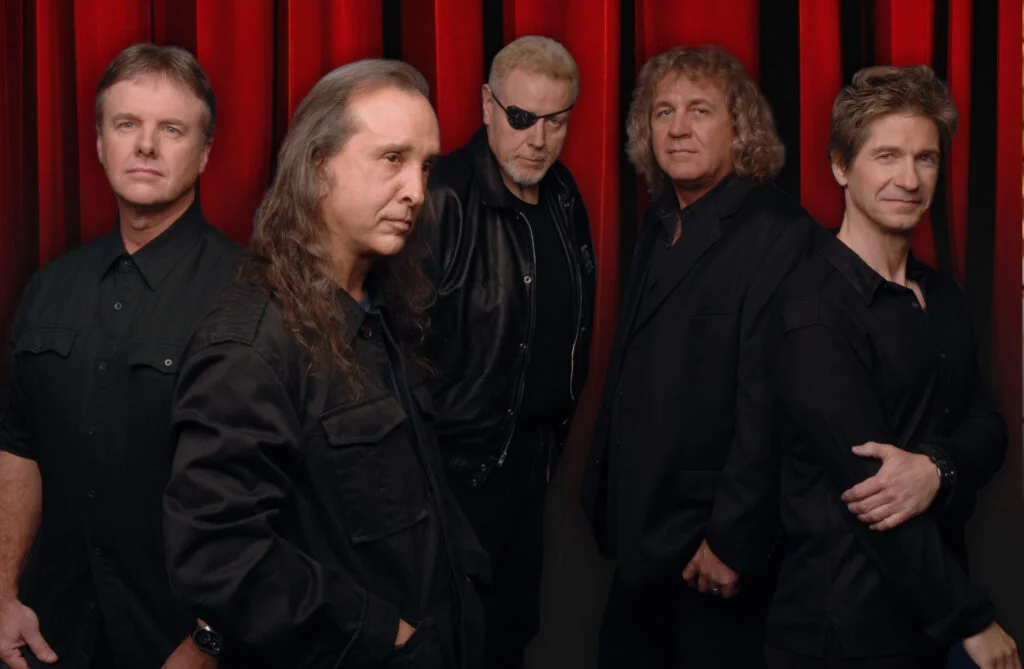
Kansas had been building a steady following, but Leftoverture was the record that pushed them into rock stardom. Featuring the now-classic “Carry On Wayward Son,” the album gave them mainstream recognition while keeping their progressive rock roots intact. The mix of arena-friendly choruses and complex musicianship made it stand out in a crowded ’70s rock landscape.
But as the decade closed, Kansas couldn’t keep their momentum at the same level. Later releases never quite matched the power of Leftoverture, and the lineup changes didn’t help either. For a while, it seemed like everyone had that record on vinyl, only for it to slowly drift into nostalgia bins. Even so, fans who loved it at the time still see it as one of the definitive prog-rock albums of the ’70s.
4. Breakfast in America – Supertramp (1979)

When Supertramp released Breakfast in America, they hit the peak of their career. Songs like “The Logical Song” and “Goodbye Stranger” captured both quirky British wit and slick pop-rock production. It was everywhere in 1979, from FM radio rotations to high school dances. For a while, the band seemed unstoppable.
Then the ’80s came along, and musical tastes shifted. Supertramp never matched the same level of cultural saturation, even though they continued to release records. Today, people might remember a song or two, but the whole album rarely comes up in conversation. Back then, though, it felt like the soundtrack to an entire year.
5. Point of Know Return – Kansas (1977)

Hot on the heels of Leftoverture, Kansas released Point of Know Return, which contained their biggest hit, “Dust in the Wind.” The song became a cultural touchstone, a bittersweet ballad that seemed to play at every school dance and graduation. The album itself was a mix of soaring prog-rock and heartfelt ballads, cementing Kansas’ place in rock history.
Still, their dominance was short-lived. By the early ’80s, the band struggled with internal conflicts and changing trends. The album faded into the background, leaving only the most famous single in heavy rotation. For those who owned the record, though, it was more than just one song—it was a defining moment in ’70s rock.
6. A New World Record – Electric Light Orchestra (1976)
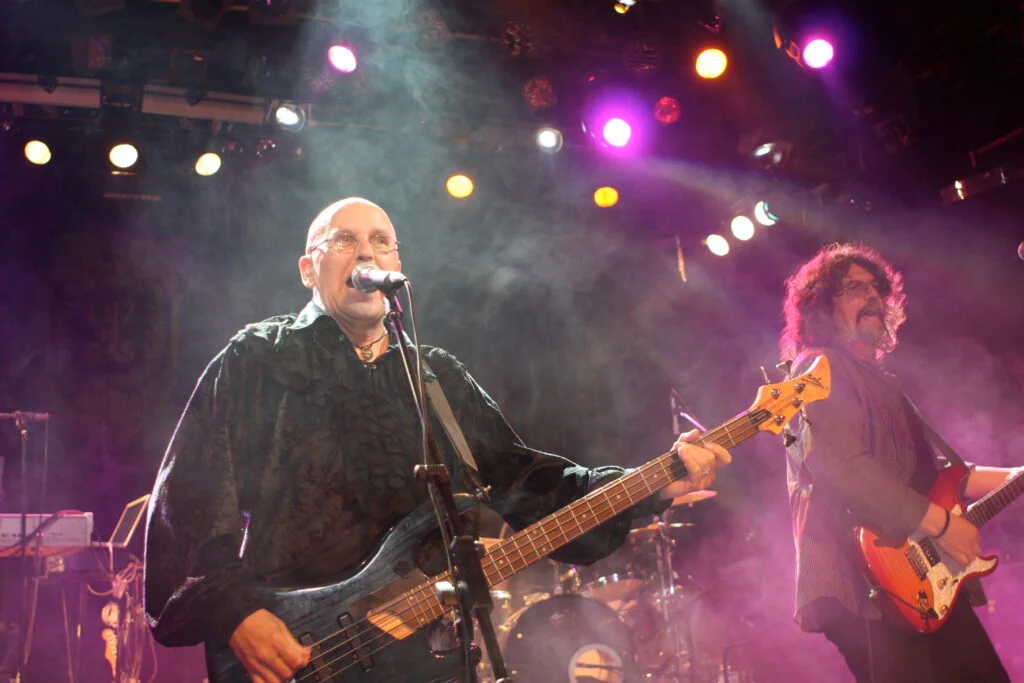
ELO found the perfect blend of symphonic arrangements and pop rock with A New World Record. Tracks like “Livin’ Thing” and “Telephone Line” were everywhere, and the group’s orchestral flourishes felt futuristic at the time. The album gave them international acclaim and a polished image that stood out among the grittier rock bands of the era.
But ELO’s momentum eventually slowed, and this album, despite being massive in its day, isn’t the first that comes to mind when people think of classic rock now. It’s one of those records that defined a specific moment, only to slowly vanish from regular playlists. Still, when rediscovered, it reminds listeners just how creative and unique ELO truly was.
7. Tusk – Fleetwood Mac (1979)
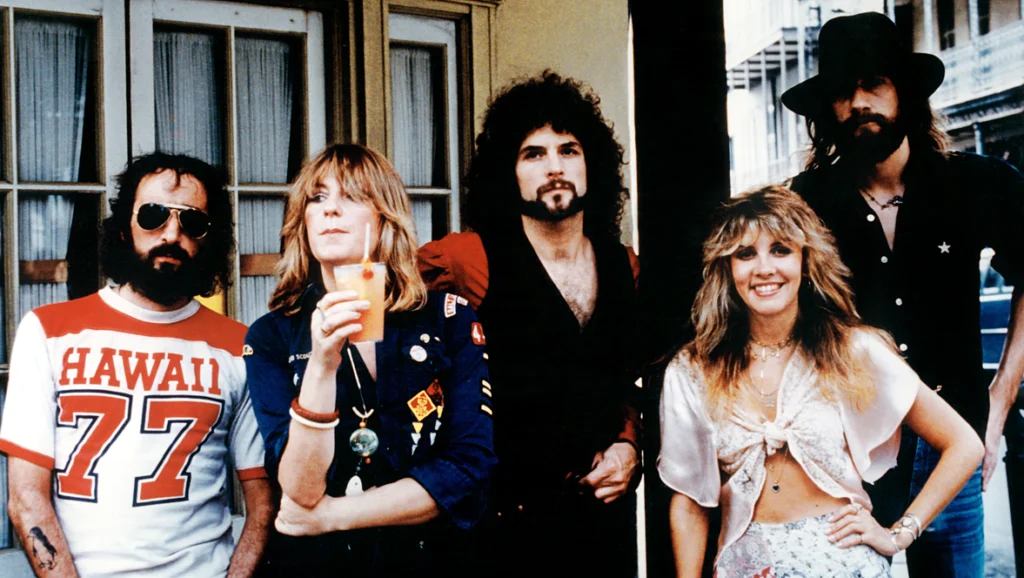
Following the mega-success of Rumours, Fleetwood Mac went in a different direction with Tusk. It was experimental, sprawling, and expensive to make, and while it sold well, it baffled some fans expecting more straightforward hits. The title track, with its marching band and hypnotic rhythm, showed just how far they were willing to push.
Over time, though, the album’s reputation shifted. It slipped into the background, overshadowed by Rumours and even later hits. Only in more recent years have critics reappraised it as an ambitious masterpiece. In its day, though, it was a divisive album that eventually disappeared from the mainstream.
8. City to City – Gerry Rafferty (1978)
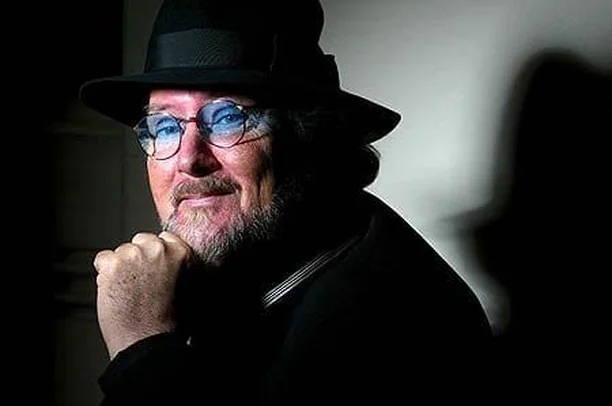
Gerry Rafferty’s City to City was an unlikely smash, carried by the hit single “Baker Street.” That saxophone riff became one of the most recognizable sounds of the decade, and for a while Rafferty looked set to become a major star. The whole album had a polished, melodic charm that appealed to a wide audience.
But Rafferty’s discomfort with fame and the industry made it hard for him to sustain momentum. The album that once felt like a breakthrough ended up being a high point he never replicated. Over the years, “Baker Street” lived on, but the album itself largely slipped from memory. It’s a reminder of how fleeting success in rock can be.
9. Minute by Minute – The Doobie Brothers (1978)
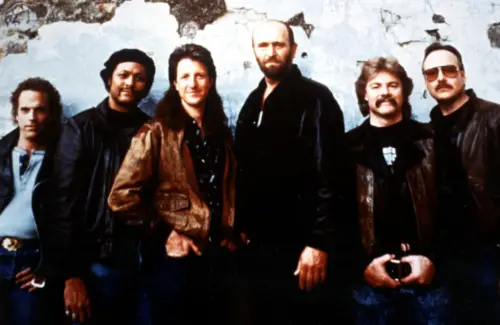
When Michael McDonald joined the Doobie Brothers, their sound shifted toward soulful soft rock, and Minute by Minute captured that transition perfectly. With “What a Fool Believes” topping the charts, the band reached a new level of success. For a time, the album was unavoidable, playing everywhere from radios to department stores.
But tastes change quickly, and the yacht rock style that defined the record fell out of favor. By the time the ’80s rolled on, Minute by Minute had faded from the spotlight. Fans still cherish it, but it’s not one of those albums constantly brought up in rock conversations today. Back then, though, it was a defining soundtrack of late-’70s mellow rock.
10. Band on the Run – Paul McCartney & Wings (1973)

Paul McCartney had plenty to prove after the Beatles, and Band on the Run showed he could still deliver hits. The title track and “Jet” became instant classics, while the album itself became one of the decade’s best-sellers. It was adventurous yet accessible, balancing rock energy with McCartney’s knack for melody.
But as the years went on, McCartney released so much material that Band on the Run got somewhat lost in the shuffle. Beatles history overshadowed his Wings era, and this once-iconic album isn’t always remembered with the same reverence. For those who were there in the ’70s, though, it was proof that McCartney’s genius didn’t end with the Fab Four.
11. The Grand Illusion – Styx (1977)
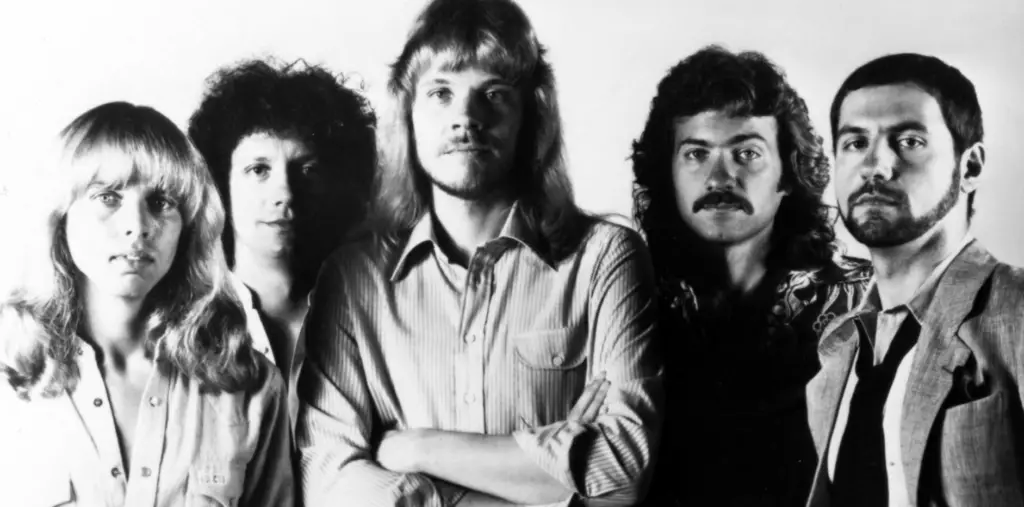
Styx hit their stride with The Grand Illusion, an album that delivered big hooks and even bigger stage shows. Songs like “Come Sail Away” and “Fooling Yourself” were radio staples, and the band seemed destined to rival the era’s giants. Their mix of hard rock and theatrical flair appealed to both teenagers and adults, making it a crossover success.
But Styx’s sound also tied them closely to the ’70s, and as the ’80s progressed, they struggled to adapt. The album that once felt like a cultural landmark eventually slipped into nostalgia status. Fans still treasure it, but its massive impact at release has dimmed with time. Still, it’s one of those records that perfectly captures the late ’70s vibe.
12. Street Survivors – Lynyrd Skynyrd (1977)
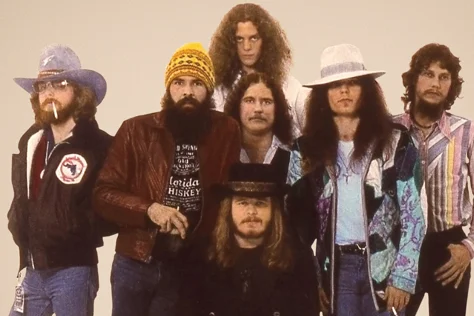
Released just days before the tragic plane crash that killed several members of Lynyrd Skynyrd, Street Survivors was destined to be remembered in a bittersweet way. With songs like “What’s Your Name” and “That Smell,” the band showed no signs of slowing down creatively. The album was a hit, further cementing their status as Southern rock icons.
But the crash changed everything. The band’s momentum ended instantly, and while Street Survivors was popular, it became more of a symbol of loss than an ongoing success. In the years that followed, it faded into the background compared to “Free Bird” or “Sweet Home Alabama.” Still, for fans, it remains a powerful reminder of what could have been.


